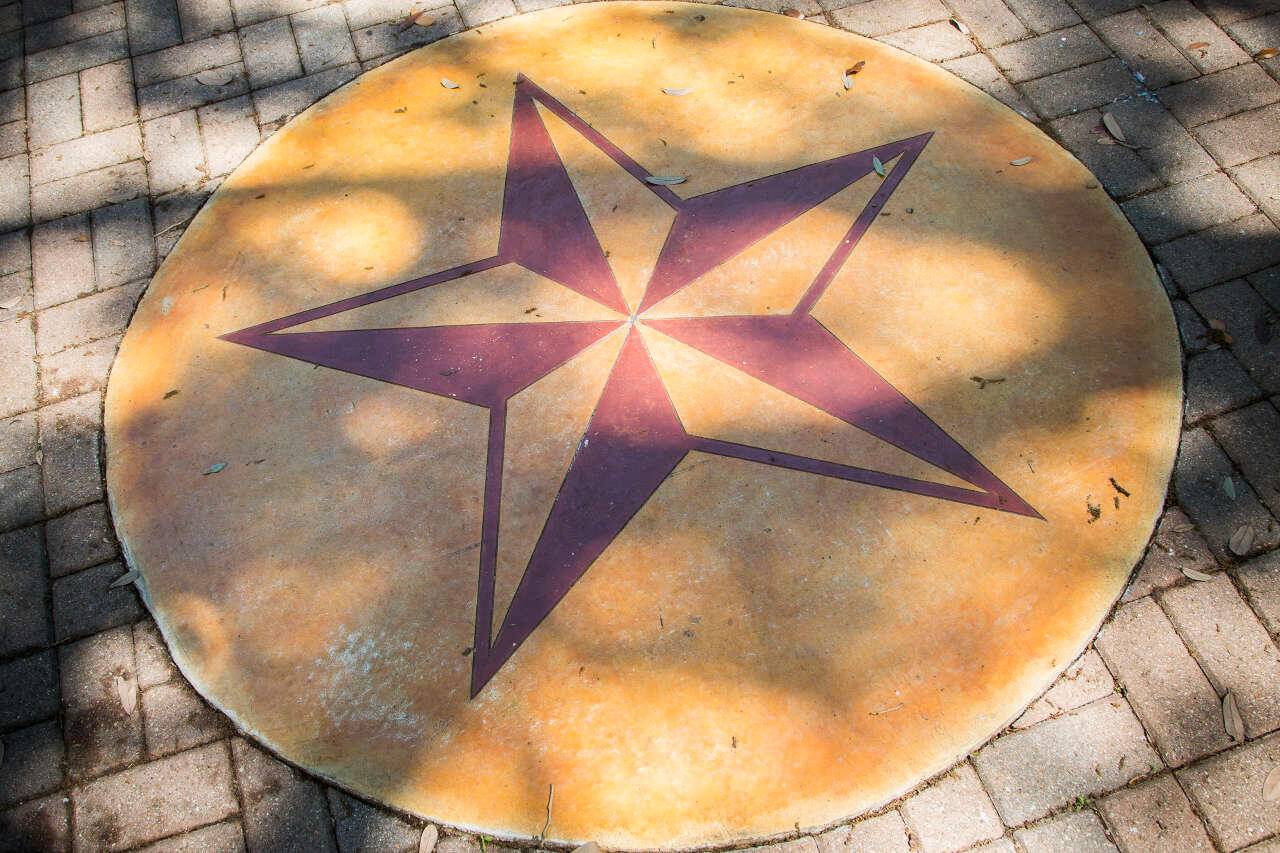Student Resources
Honor Code Procedures-Student Responsibilities
This is a best practices guide to assist students who have been accused of violating the Honor Code. The list reflects actions described in the Honor Code University Policy (UPPS 07.10.01). The student may consult with the Honor Code Council chair or vice chair (Hearing Officers) regarding the matter or with the Assistant Vice Provost for Experiential and Academic Initiatives (AVPEAI) office on policy or procedural concerns.
Honor Code violations are not reported on transcripts or to outside entities. Reports are for internal tracking in order to identify repeat offenders, who will be referred to the Dean of Students.
If a faculty member alleges a student’s involvement in academic misconduct,
- The faculty member will contact the student verbally or in writing to discuss the alleged violation, supporting evidence, and academic penalty to be imposed. If the student does not respond within three business days, the faculty member will report the case and a hold may be placed on the student’s academic record by a Hearing Officer.
- During the discussion with the faculty member, the student should address the accusation and may present evidence and witnesses.
- After conferring with the student, if the faculty member still suspects the student has violated the Honor Code, the faculty member will complete the Honor Code Review Form.
- After the report is filed, a Case Resolution form will be sent to the student via email so that they may 1) accept the faculty member’s determination and waive their right to a hearing, or 2) not accept the determination and request a hearing with the Honor Code Council to review the case. If a student does not respond to the email within three business days, a hold will be placed on their academic record until the matter is resolved. If the student chooses to challenge the finding of academic misconduct and/or the penalty, they have a right to a hearing before the Honor Code Council.
- If the student does not accept the finding of academic misconduct and/or the penalty, a Hearing Officer will contact the student to provide them with information about the hearing process.
- The Hearing Officer will make every effort to set the hearing within ten business days and at a time convenient for the faculty member and student and based on the availability of Honor Code Council members.
- The student is allowed to provide evidence to refute the allegation. Any evidence provided must be directly related to the allegation. The student should provide copies of any evidence to the Hearing Officer at least three days prior to the hearing. The student will have the opportunity to respond to the code violation and evidence during the hearing.
- The Hearing Officer will provide the date, time, and location of the hearing as well as make the documents and evidence (from the faculty member and student) available for the hearing.
Myths about Cheating and Plagiarism
-
Myth: Working with others is not considered cheating.
Fact: Not always, but it depends.
Generally speaking, you're expected to complete all of your academic work independently unless your instructor has told you otherwise. Therefore, if you work with others on a class assignment that was intended by the instructor to be an individual assessment, the instructor may consider this academic misconduct.
Always check with the instructor if you aren't sure, and acknowledge the people who helped you on an assignment.
-
Myth: Coping ideas, copying words, or paraphrasing from the Web is not cheating.
Fact: Copying or using someone else's ideas or words without attribution is always cheating, even if you have paraphrased.
If you use the Internet or any source in completing a class assignment, you must cite that source within the document and at the end in your bibliography or references. You should engage in this practice even if the instructor doesn't grade for proper citation – get in the habit!
-
Myth: Using old exams to study or prepare for a test is not cheating.
Fact: You cannot use old exams in preparing for or taking a test if it was not explicitly authorized by your instructor. If you come across some old exams for your particular course, ask your instructor if you can use them to study.
-
Myth: It is not plagiarism if I copy only a sentence or two verbatim.
Fact: If you use any other person's phrasing or actual sentences, regardless of the extent or length, cite your source. This is true for using other people's ideas, too.
If you are not sure, talk to your instructor about the proper citation format.
-
Myth: If my instructor did not say I could not do it, then I can.
Fact: Texas State University instructors will not verbalize every unauthorized behavior. As a Bobcat, you are expected to know some of the basics of academic integrity.
If you are in doubt about academic integrity, always return to this default position: Produce independent work unless you are told otherwise (or ask your instructor for guidance).
- You must cite your sources.
- You must complete in-class tests and take-home tests independently.
- You must complete your own homework assignments.
